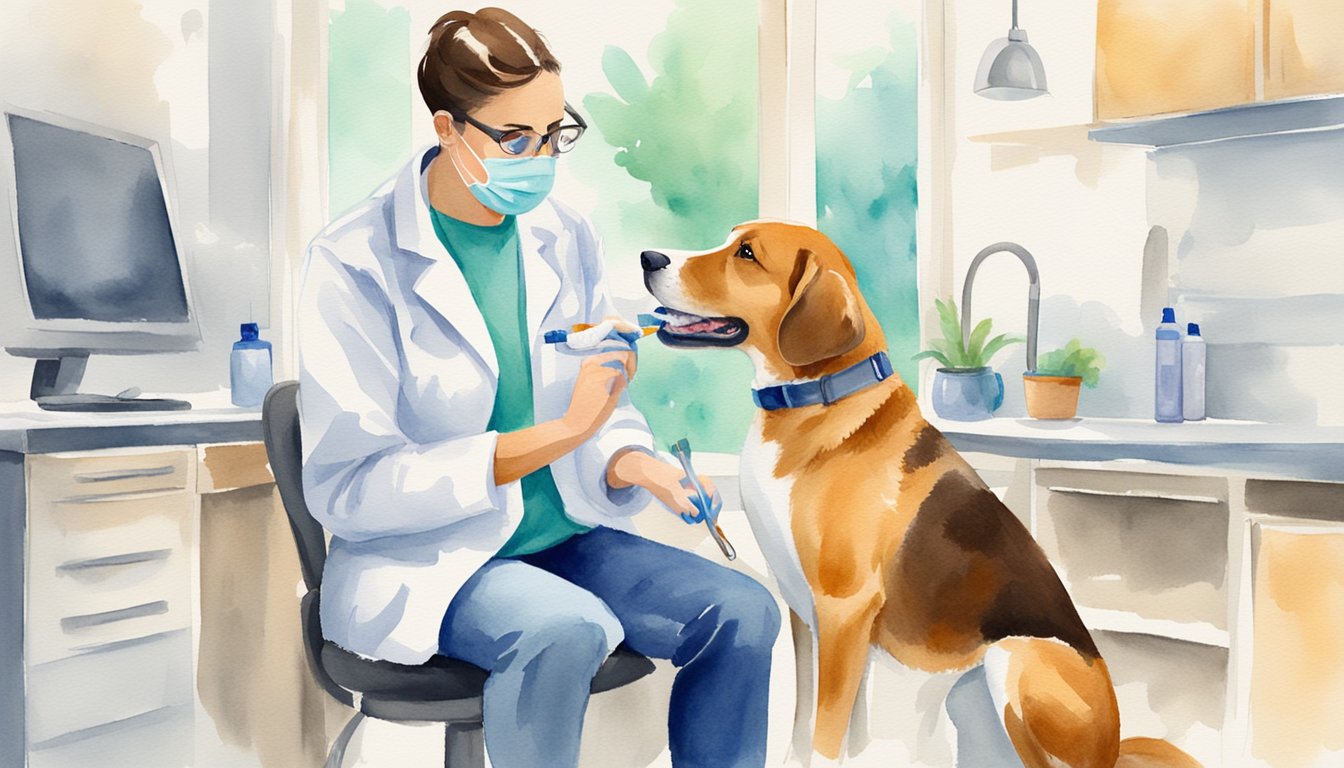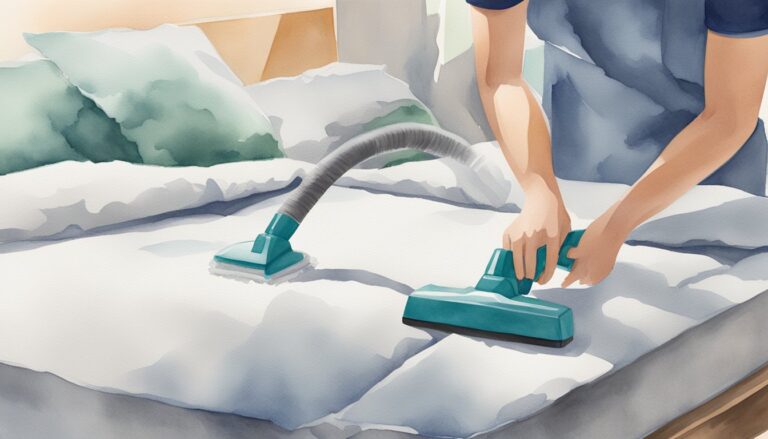Call us: (631) 270 9692
Maintaining our dog’s dental care is crucial for their overall oral health. Good dental hygiene can prevent gum disease, tooth decay, and other health problems. Regular brushing is highly recommended to keep our dog’s teeth clean and healthy. By following a few simple steps, we can make this a positive experience for both us and our pets.
To clean our dog’s teeth effectively, we must use toothpaste specifically made for dogs. Human toothpaste contains ingredients that can be toxic to our furry friends. It’s essential to use a toothbrush designed for dogs as well, which usually has softer bristles suited for their mouth.
Starting a routine helps our dogs get used to the process. We can begin by brushing just a few teeth at a time, gradually working our way up to brushing their entire mouth. Using a gentle circular motion, we focus on the outside surfaces where plaque and tartar tend to build up. By making this a regular practice, we are investing in our dog’s long-term health and happiness.
Understanding Dental Health in Dogs
Dental health is crucial for our dogs’ overall well-being. Proper oral hygiene can prevent a variety of dental problems and serious health issues.
Identifying Dental Issues
Dental issues in dogs can start with plaque, a sticky film of bacteria on the teeth. If not removed, plaque hardens into tartar, leading to more severe problems. Signs of dental disease include bad breath, swollen gums, and bleeding gums. Loose or decayed teeth are also indicators. We should look out for any changes in eating habits, which can signal discomfort or pain due to dental issues. Regular checks for these signs can help us address problems early.
Effects of Poor Oral Hygiene
Poor oral hygiene can lead to several health problems in dogs. Plaque and tartar buildup cause periodontal disease, which can result in gum disease like gingivitis. This can make gums swollen and painful, potentially leading to tooth loss. Bacteria from dental disease can enter the bloodstream, affecting the heart, liver, and kidneys. Proper care, including regular brushing and professional cleanings, is essential to prevent these serious complications and ensure our dogs remain healthy and happy.
For more detailed information on cleaning your dog’s teeth, visit How to Clean Your Dog’s Teeth.
Routine Dental Care Techniques
Proper dental care for our dogs involves using the right tools and products, brushing effectively, and considering their diet and chew toys.
Choosing the Right Tools and Products
We need to select a suitable dog toothbrush and dog toothpaste. Unlike human toothpaste, dog toothpaste is safe if swallowed and often comes in flavors like chicken or beef that dogs enjoy.
For toothbrushes, a small brush or a finger brush works well. Dog dental chews and treats can also support dental health. These products help reduce plaque and tartar, making brushing more effective. If we prefer natural options, there are natural dental care products available that use ingredients like coconut oil.
Effective Tooth Brushing Techniques
We should brush our dog’s teeth regularly, ideally daily. Start by lifting the dog’s lips and gently brushing the outer surfaces of the teeth using a circular motion. Focus on the areas where plaque tends to build up the most, such as the back teeth and along the gum line.
It’s important to start slow, perhaps with just a few teeth at a time, and gradually increase the number of teeth we brush. Using a small amount of dog toothpaste helps make the process more enjoyable for our dog. Remember to praise and reward them with a treat afterward to create a positive association with brushing.
The Role of Diet and Chew Toys
Our dog’s diet plays a significant role in dental health. Crunchy foods and specially designed dental treats for dogs can help clean teeth as they chew. Foods that are less likely to stick to the teeth are usually better for dental health.
Chew toys are another excellent way to promote dental hygiene. Many toys are designed to clean teeth and massage gums while the dog chews. Additionally, providing a mix of dental chews and toys can help to reduce plaque and tartar buildup. This combination supports a routine that keeps our dog’s teeth in better condition.
Professional Care and Preventative Strategies

Professional care and at-home preventative strategies are essential for maintaining your dog’s dental health. Regular check-ups with a vet and using specific preventative products can make a big difference in avoiding dental diseases.
Veterinary Support and Regular Check-Ups
Regular check-ups with a vet are crucial for your dog’s dental hygiene. Vets can spot signs of dental disease early. During these visits, the vet might recommend professional dental cleanings, which often involve anesthesia to clean below the gumline. These deep cleanings can prevent or treat periodontal disease and other serious issues.
Vets may also use x-rays to detect hidden problems. The American Veterinary Medical Association suggests regular dental check-ups to monitor your dog’s oral health. Vets often guide pet owners on the best practices for maintaining dental health between visits.
Preventative Products and Home Remedies
At-home preventative care includes using dog-safe toothpaste and toothbrushes. Products approved by the Veterinary Oral Health Council are highly recommended. Water additives can help reduce plaque and freshen breath.
For those who prefer natural remedies, options like baking soda or coconut oil are popular. Parsley and green tea extract can also freshen breath. Patience and a gentle approach are important when introducing new dental care routines. Rewards and positive reinforcement encourage cooperation from your furry friends.
Using sprays and dental chews can further assist in maintaining clean teeth. Desensitization helps dogs become comfortable with brushing, which ensures they get the best preventative care possible.





